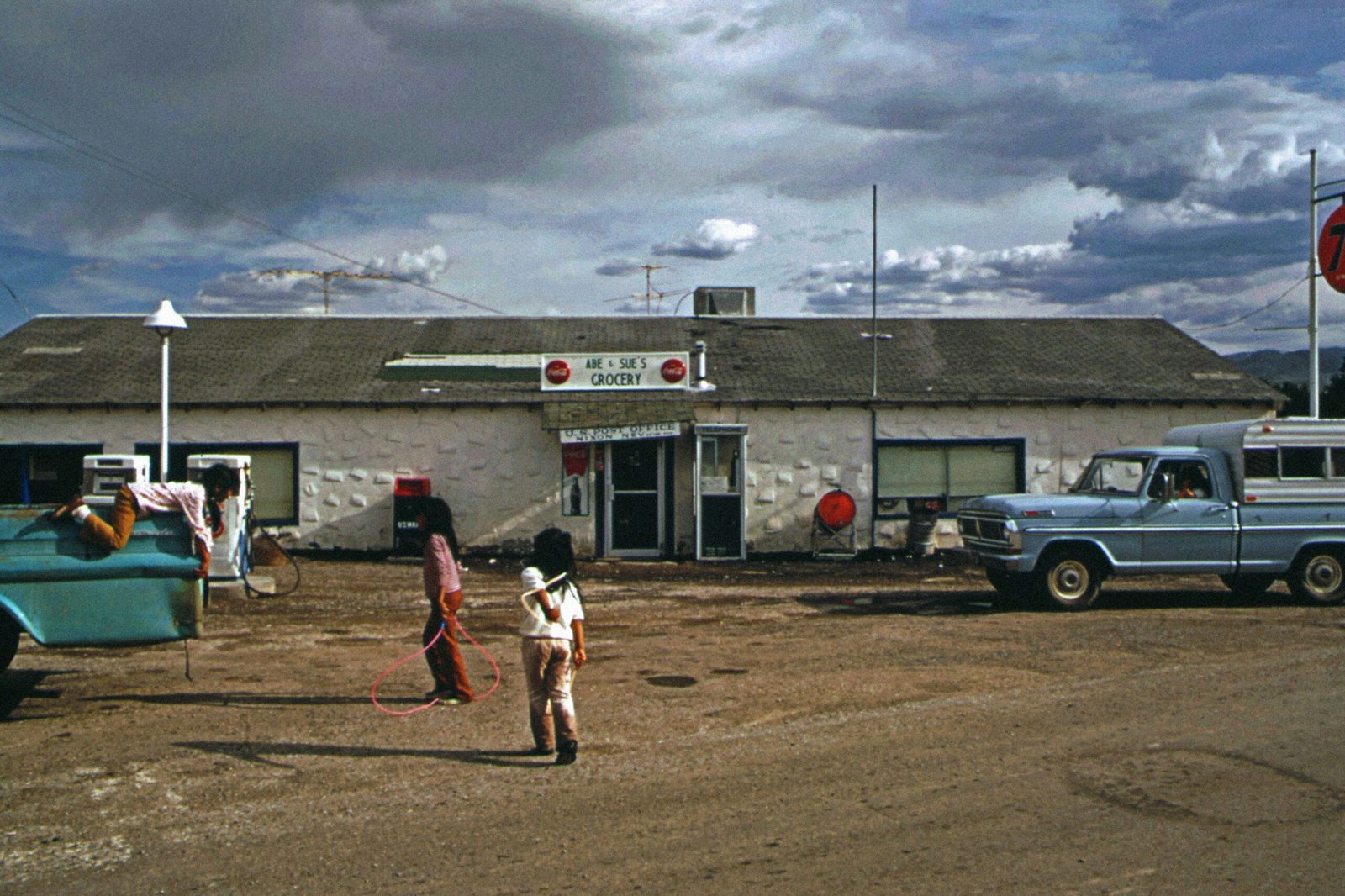Important Keyword: EWS Reservation, Economically Weaker Section, EWS eligibility Criteria, EWS benefits.
Table of Contents

Introduction to Economically Weaker Section (EWS)
The Economically Weaker Section (EWS) reservation in India emerged as a crucial policy initiative aimed at addressing long-standing socio-economic disparities. Established in 2019, this reservation seeks to provide opportunities to individuals belonging to non-Scheduled Caste (SC), non-Scheduled Tribe (ST), and non-OBC backgrounds, specifically those with an annual income below 8 lakh rupees. The inclusion of this category reflects the need to uplift economically disadvantaged citizens who do not fall under the traditional categories of affirmative action.
The historical context surrounding the EWS reservation is significant. Despite the progressive economic developments in India, the gap between different socio-economic groups has persisted, resulting in prevailing inequalities. Individuals in un-reserved categories often face systemic challenges that hinder their access to quality education, employment opportunities, and socio-economic mobility. Prior to the introduction of the EWS provision, there was a notable absence of support mechanisms for this demographic, creating a growing sentiment of exclusion among them.
The introduction of EWS reservation is rooted in the recognition of this disparity. By extending reservation benefits to the economically weaker sections of society, the government aims to foster an inclusive environment where opportunities can be equitably distributed. It acknowledges the fact that economic status plays a vital role in determining an individual’s access to resources and opportunities, a perspective that aligns with ongoing global discussions around social justice and equality.
This initiative is not merely focused on numerical quotas but aims to empower individuals through enhanced access to education and employment sectors, thereby facilitating long-term socio-economic development. Thus, the EWS reservation serves as a vital step towards creating a more equitable society, addressing an essential need in a rapidly changing economic landscape.
What Defines the Economically Weaker Section?
The Economically Weaker Section (EWS) in India comprises individuals and families who do not fall under the categories of Scheduled Castes (SC), Scheduled Tribes (ST), or Other Backward Classes (OBC) but are economically disadvantaged. The Government of India established specific criteria to identify who qualifies for EWS reservation to ensure equitable opportunities in education and employment for those lacking financial resources.
One of the primary parameters defining Economically Weaker Section eligibility is income. To be categorized within this section, an individual’s family’s annual income must be less than 8 lakh rupees. This income threshold plays a crucial role in distinguishing EWS candidates from other marginalized groups, as it signifies that they do not enjoy the benefits of the social justice programs available to SC, ST, or OBC individuals. As a result, Economically Weaker Section individuals may experience challenges in accessing quality education and employment opportunities, which makes this reservation system particularly vital.
In addition to income criteria, land ownership limitations are another significant determinant. Individuals or families possessing agricultural land exceeding 5 acres or urban land exceeding 1,000 square feet are ineligible for EWS status. This restriction is crucial as it differentiates individuals who may possess substantial economic resources from those who genuinely require support. Moreover, property size restrictions further delineate eligibility, ensuring that the EWS reservation primarily benefits those with limited assets.
Understanding these parameters is essential for clarifying who qualifies under the EWS category and how it differs from other reserved categories. The integration of EWS into India’s reservation framework aims to bridge the gap between various societal segments, promoting a more equitable landscape for all.
Eligibility Criteria for EWS Reservation
The Economically Weaker Section (EWS) reservation in India is designed to provide aid to individuals who come from economically disadvantaged backgrounds, offering them opportunities in education and employment. To be eligible for this reservation, applicants must meet specific criteria established by the government. Firstly, the Economically Weaker Section reservation is applicable exclusively to applicants who belong to the general category. It is crucial to note that candidates from Scheduled Castes (SC), Scheduled Tribes (ST), or Other Backward Classes (OBC) are not eligible for this particular quota.
Another essential requirement is the income threshold. To qualify for Economically Weaker Section reservation, the annual income of the applicant and their family should be less than INR 8 lakh. This limit is determined inclusively of all sources of income, including salaries, business profits, and agricultural earnings. Furthermore, applicants are required to furnish proof of their income, typically in the form of a certificate issued by the relevant authorities, ensuring that the income criteria are adhered to stringently.
In addition to the income limits, there are restrictions concerning agricultural land ownership. Individuals with agricultural land exceeding 5 acres are ineligible for EWS benefits. This criterion aims to ensure that the reservation scheme targets those who genuinely face economic challenges. Similarly, there are stipulations regarding residential property; applicants should not own a house with a carpet area larger than 1,000 square feet. This housing size limit is in place to differentiate economically weaker individuals from those who may possess significant assets.
Understanding and meeting all of these eligibility criteria is paramount for those seeking Economically Weaker Section reservation benefits. Fulfilling these guidelines guarantees that applicants can access the intended support in sectors such as education and employment, thereby fostering a more equitable society. Adhering to the stipulated criteria ensures that the reservation system serves its primary objective of uplifting underprivileged sections of society.
The Process to Obtain an EWS Certificate
The process of obtaining an Economically Weaker Section (EWS) certificate in India consists of a series of systematic steps aimed at ensuring that eligible individuals can access the benefits provided under the EWS reservation scheme. This certificate is crucial for availing of certain government services and is often a requirement for admission to educational institutions or public sector jobs.
Individuals looking to apply for an EWS certificate have the option to do so either through a physical visit to the relevant office or online via designated government portals. Typically, candidates can approach the local revenue office, tehsil office, or designated EWS certificate issuance office within their district. Additionally, many states offer an online application process through their respective state government websites, thereby simplifying and expediting the procedure.
To successfully apply for the Economically Weaker Section certificate, applicants are required to fill out a specific application form. This form usually requests personal details, current financial status, and other pertinent information. Alongside the application form, applicants must also submit a set of supporting documents. These may include proof of income, such as income tax returns or salary slips, proof of residence like an Aadhar card or utility bill, and a declaration about their economic status.
To ensure a smooth application process, individuals should take special care to double-check the completeness of their documents, as missing papers can lead to delays or rejections. It is advisable to visit the official website of the government or the local authority to understand the precise documentation required, as requirements may vary by state.
The Economically Weaker Section certificate holds significant importance as it acts as a key document for availing reservation benefits. By ensuring the correct procedure is followed and documents are in order, applicants can facilitate a hassle-free experience in securing their certificate, thereby promoting their access to opportunities aimed at fostering equality in society.
Advantages of EWS Reservation
The implementation of the Economically Weaker Section (EWS) reservation policy in India brings forth various benefits aimed at fostering social equity and improving opportunities for disadvantaged groups. Below are some of the notable advantages of this initiative:
- Increased Job Opportunities: The Economically Weaker Section reservation opens doors to various government job vacancies and positions within public sector undertakings. This allocation enables individuals from economically weaker backgrounds to compete for stable jobs, thus enhancing their employment prospects.
- Access to Education: One of the critical benefits of the Economically Weaker Section reservation is the provision of scholarships and financial aid for students hailing from economically weaker sections. This support enables them to pursue quality education in higher institutions, bridging the educational divide and promoting a more informed workforce.
- Enhanced Social Status: By facilitating access to better job opportunities and education, Economically Weaker Section reservation contributes to uplifting the social status of beneficiaries. As individuals advance in their careers and education, they gain greater respect and recognition within their communities, promoting a sense of belonging and pride.
- Promotion of Economic Growth: By enabling a previously marginalized demographic to gain access to job markets and educational institutions, the EWS reservation policy effectively bolsters economic growth. An educated and employed workforce can lead to increased productivity, innovation, and overall economic stability.
- Reduction of Income Inequality: The EWS reservation aims to narrow the income gap in society. By granting more individuals from economically weaker backgrounds the opportunity to succeed, it works towards creating a more balanced and equitable economic landscape.
In conclusion, the EWS reservation policy serves as a critical mechanism in promoting social equity, driving economic growth, and enhancing opportunities for individuals from economically weaker sections. Its advantages extend not only to beneficiaries but also contribute to the overall development of society.
Challenges and Disadvantages of EWS Reservation
The Economically Weaker Section (EWS) reservation in India, while aimed at fostering equality and providing opportunities, has faced considerable criticism and scrutiny. One of the primary concerns stems from the potential misuse of the reservation framework. Critics argue that the designation of individuals as economically weaker may sometimes be manipulated, allowing individuals from affluent backgrounds to unfairly benefit from the reservation system. This challenge raises questions about the government’s ability to accurately classify income and verify eligibility for EWS status.
Furthermore, the debate over income classification has intensified. The current income threshold, set at ₹8 lakh annually, has been a point of contention among various stakeholders. Many believe that this limit does not effectively capture the nuances of economic hardship faced by different segments of society. Lower income groups argue that this threshold excludes a considerable number of deserving candidates. As a result, all of these factors contribute to discussions about whether this classification truly serves its intended purpose of uplifting the disadvantaged.
Additionally, concerns have been raised about the impact of Economically Weaker Section reservation on the notion of meritocracy in educational institutions and employment. Some critics argue that the provision may lead to a dilution of standards, with merely financial metrics replacing quality and merit as determining factors in admissions and job recruitments. This perspective emphasizes the potential risks that could arise if the emphasis on economic classification overshadows the intrinsic qualities needed for success in competitive fields.
Nonetheless, proponents of the EWS reservation argue that it is a necessary corrective measure in a society marked by stark disparities. They contend that economic status should be a legitimate criterion for reservation, supporting the idea that education and employment opportunities need to be more accessible to individuals from precarious economic backgrounds. This ongoing debate highlights the complexity and multifaceted nature of the EWS reservation, indicating that it is critical to look beyond immediate criticisms to foster a more just and equitable society.
Real-Life Example: A Case Study
The concept of Economically Weaker Section (EWS) reservation has significantly influenced the lives of many individuals in India. To illustrate its impact, consider the story of Meena Sharma, a young woman from a small village in Uttar Pradesh. Meena’s family, classified under the EWS category, struggled financially due to limited agricultural income. Her parents, despite their commitment to providing education, faced challenges in affording tuition fees and other educational expenses. The introduction of EWS reservation offered Meena a pathway towards a brighter future.
With the advent of the EWS reservation policy, Meena applied for a seat in a prominent government college. The policy aimed at empowering individuals from economically backward communities allowed her to secure admission without the financial burden that typically accompanies higher education. This opportunity not only encouraged Meena to pursue her aspirations of becoming a doctor but also instilled a sense of hope within her family. They realized that education could indeed pave the way for upward mobility, despite their economic struggles.
However, the journey was not devoid of challenges. Although successfully admitted to college, Meena faced social stigmas and significant pressure to excel academically. Balancing studies with the looming financial uncertainties of her family’s farming income was often disheartening. Furthermore, the limited availability of scholarships and resources dedicated to Economically Weaker Section students posed obstacles to fulfilling her educational needs. Yet, driven by determination and supported by the Economically Weaker Section framework, Meena navigated these hurdles.
Today, Meena stands as a testament to the potential unlocked by the EWS reservation system. Her resilience and achievements underscore the dual narratives of success and challenge that many from the economically weaker section encounter. Her story exemplifies how Economically Weaker Section reservation not only promotes educational access but also fosters hope and ambition among those who dare to dream beyond their current circumstances.
Frequently Asked Questions (FAQs)
The Economically Weaker Section (EWS) reservation in India has generated a multitude of inquiries among the populace. This section aims to answer some of the most common questions regarding EWS and its reservation policy.
Who qualifies for the EWS reservation? EWS reservation is primarily aimed at individuals and families who belong to the general category and do not fall under any of the existing reservation categories. To qualify, applicants must have a household income of less than ₹8 lakh per annum. Additionally, the family should not own agricultural land over 5 acres, residential property above 1,000 square feet, or any residential plot larger than 100 square yards in notified municipalities.
What documents are needed to apply for EWS reservation? To apply for EWS reservation, applicants must produce specific documents that verify their eligibility. The essential documents typically include an Income Certificate issued by a competent authority, a Certificate of EWS status, and property documents indicating the ownership limits as described above. Some states may require additional documents or have tailored formats; thus, it is advisable for applicants to check with local authorities.
How is EWS reservation different from other reservation categories? EWS reservation is unique as it targets economically disadvantaged members of the general category, distinguishing it from other reservation systems that focus on social or educational backwardness. While other reservations are based on caste, religion, or historical disadvantages, EWS specifically addresses economic criteria. This differentiation aims to create a more inclusive environment, allowing those from economically weaker backgrounds access to government jobs and educational opportunities.
These answers aim to clarify common concerns regarding the EWS reservation policy, contributing to a better understanding of its purpose and implementation.
Conclusion: The Future of EWS Reservation
In light of the extensive discourse surrounding the Economically Weaker Section (EWS) reservation in India, it is imperative to recognize both the numerous benefits and the challenges associated with this policy. On one side, EWS reservation serves as a critical instrument aimed at bridging the socio-economic divide, promoting educational opportunities, and enhancing access to government jobs for the underprivileged. The inclusion of economically disadvantaged individuals, irrespective of caste, is a formidable step towards fostering a more equitable society. In addition, this reservation can help dismantle systemic barriers that have traditionally marginalized lower-income groups from opportunities of advancement, thereby facilitating upward mobility.
However, the EWS reservation also faces notable challenges. Among them is the risk of dilution of meritocracy, which can evoke concerns from other segments of society regarding fairness in selection processes. Furthermore, the criteria for identifying beneficiaries may lead to disputes, as it involves complex socio-economic evaluations. Additionally, it is essential for the government to sustain and expand economic support systems that complement reservation policies, ensuring that the overarching aim of improving living standards is met.
Looking ahead, the EWS reservation holds the potential to significantly impact the socio-economic fabric of India. It can pave the way for a more inclusive society by promoting equal opportunities and advocating for the rights of marginalized groups. As we move forward, it will be crucial for policymakers and citizens alike to engage in constructive dialogue about the necessity of such policies. Emphasizing inclusivity, the need to advocate for equal opportunities for all sections of society remains paramount. By doing so, we can work collectively towards building a more just and equitable world.
Download Pdf: https://taxinformation.cbic.gov.in/




